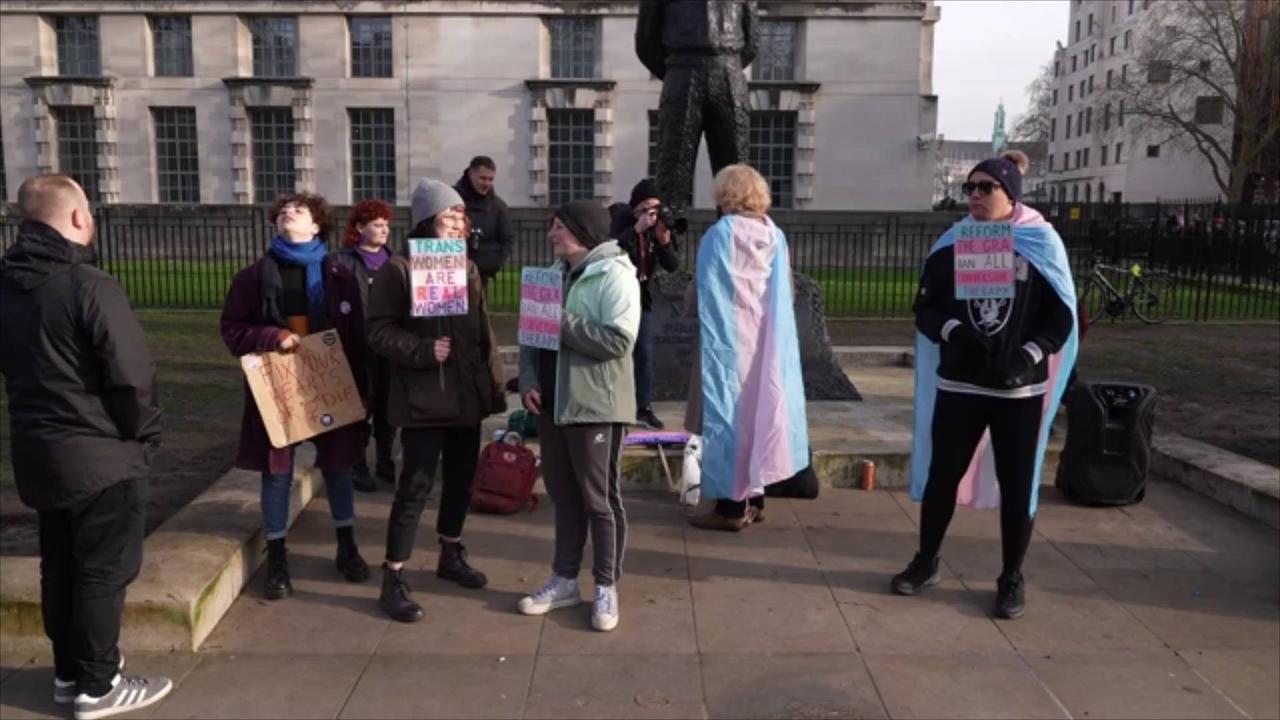
Scotland's New , Gender Recognition Bill , Blocked By UK Government.
CNN reports that the United Kingdom has blocked a new law meant to allow trans people in Scotland to change their legal gender without a medical diagnosis.
CNN reports that the United Kingdom has blocked a new law meant to allow trans people in Scotland to change their legal gender without a medical diagnosis.
The controversial move has reportedly heightened the already highly emotional debate over Scottish independence.
In a Twitter post on January 16, Nicola Sturgeon, Scotland's First Minister, called the UK government intervention , “a full-frontal attack on our democratically elected Scottish Parliament and its ability to make its own decisions on devolved matters.".
In a Twitter post on January 16, Nicola Sturgeon, Scotland's First Minister, called the UK government intervention , “a full-frontal attack on our democratically elected Scottish Parliament and its ability to make its own decisions on devolved matters.".
According to Scottish Secretary Alister Jack, the decision was made because of the bill's potential impact on UK-wide equality laws.
.
Under Scotland's current system, trans people must receive a medical diagnosis of gender dysphoria and abide by a waiting time of two years.
CNN reports that trans people in Scotland must also be at least 18 years old to be eligible to change their gender marker.
.
The proposed, and now vetoed, bill would have dropped the medical diagnosis requirement, cut the waiting time down to six months and lowered the age limit to 16.
.
Last month, a majority of Scottish lawmakers voted to approve the new bill with a tally of 86 for and 39 against.
CNN reports that many in Scotland accuse the UK government of blocking the bill for political, rather than constitutional, reasons.
Two-thirds majority in favor of a bill within devolved competence – Tories we didn’t elect want to strike it down for political reasons, Emma Roddick, a Scottish Parliament lawmaker for the SNP, via CNN




